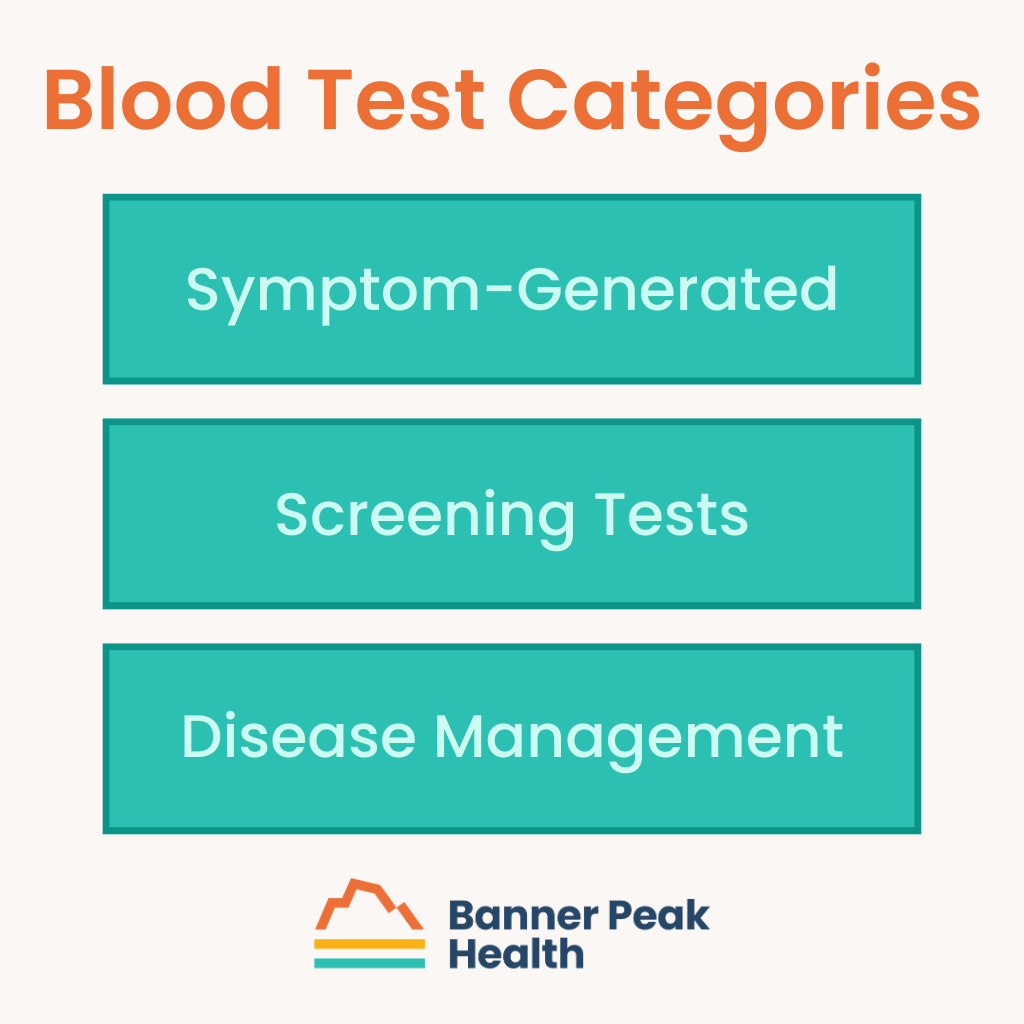How often should you get bloodwork done?
When it comes to bloodwork, many patients believe in a one-size-fits-all approach. Having labs ordered during their annual physical is enough, they think.
Well, not quite.
As much as we’d love a simple solution, health and medicine are seldom so straightforward. How often you should get bloodwork done, and which specific tests your physician orders, depends on your unique circumstances.
Most of us have heard of Elizabeth Holmes and her organization, Theranos. Holmes was a young, charismatic entrepreneur who promised to revolutionize medicine by introducing a personal device that would allow hundreds of tests to be run from a single finger prick.
In reality, the device never existed, and Elizabeth will spend the next 11 years in prison for fraud. The rest of us can watch a version of her story on Hulu.
I was an early skeptic of her theories — not the technology per se, but the fundamental premise that more testing in the hands of more people without medical supervision would make the world a healthier place.
Call me old-fashioned, but I believe the cognitive process of lab testing should intimately involve a healthcare provider. Medicine itself is a scientific endeavor, and at the core of all science is the scientific method: generate a hypothesis (a clinical question) and test it (gather data to try to answer your question).
For example, a diagnostic hypothesis of a fatigued person could generate lab tests to address the source of the fatigue. These might include blood count, hormone balance, etc., but all tests would align with the question we’re trying to answer — why is this person fatigued?
This is one of many strong arguments for why medical testing should always happen under the supervision of a trained professional — and why the question “How often should you get bloodwork done?” is answered, “It depends.”
Blood Test Categories
I like to separate diagnostic lab work into three categories. Defining and exploring these categories demonstrates the importance of medical supervision and how testing regimens can vary among individuals.
Category #1: Symptom-Generated
This category of bloodwork is symptom-directed, and physicians order it to answer a predefined clinical question — i.e. to determine the cause of a specific symptom, such as fatigue or chronic pain.
Someone who experiences right upper quadrant pain, for example, would get tests such as a liver function test.
Category #2: Screening Tests
Screening tests are more open-ended, but should still to an extent be guided by a hypothesis. Tests in this category are chosen based on a patient’s individual risk factors.
If a patient were overweight, we’d test their blood sugar levels to monitor their risk for diabetes. If a patient were on a drug like Protonix, they may be at risk for malabsorption of vitamins such as B12, so we’d want to check their B12 levels. As people age, their organs slowly lose function, so we test kidney function and blood count in older patients. Etc., etc.
Category #3: Disease Management
If a patient has an illness or chronic condition, they need more frequent lab testing to monitor their treatment.
The regularity of testing depends on the specific disease and treatment. For example, some illnesses, like thyroid disease, can be treated with hormone therapies, which need to be monitored frequently.
How Often Should You Get Bloodwork Done?
As I mentioned, it depends on the category and goal of the test.
Symptom-generated testing must happen as soon as symptoms occur. This type of testing isn’t required on a regular basis.
Screening tests are typically done annually because it’s convenient to tack them onto your annual physical. However, if your risk factors justify more frequent testing, consult your doctor to come up with an individualized testing schedule.
In my experience, testing for disease management usually occurs every 90 days (three months). It’s a common interval — A1C testing measures the average blood sugar over 90 days, finding equilibrium after adjusting thyroid medication usually takes 90 days, and adjusting to a new dosage of a cholesterol pill takes about three months.
Preparing for Labs
Many people think they need to fast before going for lab testing. That’s not the case at all. In fact, there are very few labs that necessitate fasting.
Only blood sugar (blood glucose) and cholesterol tests require fasting. However, technology has advanced enough that we can work around fasting for those tests — we understand some people can’t fast or have difficulty fasting.
In place of LDL cholesterol, we can order a more sophisticated test called an apolipoprotein B, which doesn’t require fasting. And for blood glucose, we can order the A1C, a non-fasting lab which looks at a person’s average blood sugar levels over the last 90 days.
Ultimately, labs don’t have to ruin your day — but they should still involve your doctor.
If you have additional questions about bloodwork, or any of our other preventative services here at Banner Peak Health, reach out. We’d love to speak with you.

Barry Rotman, MD
For over 30 years in medicine, Dr. Rotman has dedicated himself to excellence. With patients’ health as his top priority, he opened his own concierge medical practice in 2007 to practice medicine in a way that lets him truly serve their best interests.





